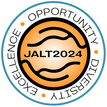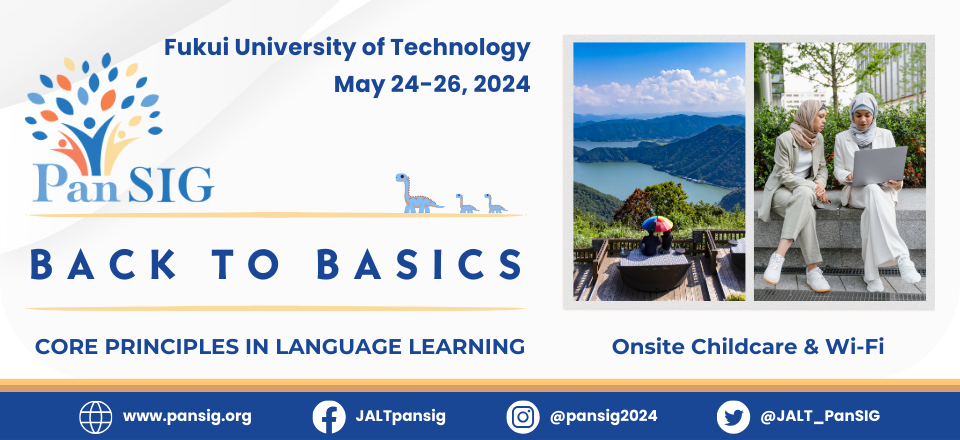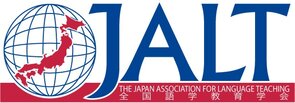|
Follow us on social media:

JALT2024: Nov. 15-18 in Shizuoka. The call for presentation proposals runs Jan. 9 - March 10, 2024.
|
|
Upcoming Fukuoka JALT events:
For past events this year, see our 2024 Archive. Overview (details below):
|
Calls for Conference Presentation Proposals:Recent video uploads:
|
Pragmatics - What our language classes need more of!
Jim Ronald (Hiroshima Shudo University)
Saturday, July 13, 2024 (2024年7月13日(土))
In-person event
5:30 PM (17:30)~7:30 PM (19:30) [Please note the earlier start time]

Much of our students' English study has focused on learning grammar and vocabulary, and maybe pronunciation, too. All of these are important parts of what we need to become competent and confident users of our target language. But they are not enough, whether for communicating within the classroom or using the language outside of class. The focus of this presentation/workshop is the missing part! Here I'm calling it pragmatics, although "communication strategies", "communication noryoku" or "positive communication" cover a lot of the approaches and activities that we'll consider and try out together. These will include how to sit next to a classmate, making suggestions or giving feedback, disclosure through compliment responses, and talking to strangers.
Jim Ronald has a passion for helping learners of English to communicate better and more enjoyably, and has spent much of his life as a language teacher collecting, sharing, and creating activities for teachers to help their students do this. Much of his development as a teacher has been thanks to JALT's Learner Development SIG and Pragmatics SIG, to Hiroshima JALT, and to his students at Hiroshima Shudo University.
Location: Elgala (Daimaru East) Building, Tenjin (6 F, Kurume University Satellite Campus room; go in the back entrance shown on the map). From Hakata, take the Nanakuma Subway Line to Tenjin-Minami Station, exit 4. If you haven't been to this location before, please note that the entrance is NOT through the department store, it is around the back from the department store entrances, here: https://goo.gl/maps/hj8VXmpfjAykeXBV9 (You'll find this by Googling エルガーラ オフィス棟). Click here to watch a video showing the venue location.
Jim Ronald has a passion for helping learners of English to communicate better and more enjoyably, and has spent much of his life as a language teacher collecting, sharing, and creating activities for teachers to help their students do this. Much of his development as a teacher has been thanks to JALT's Learner Development SIG and Pragmatics SIG, to Hiroshima JALT, and to his students at Hiroshima Shudo University.
Location: Elgala (Daimaru East) Building, Tenjin (6 F, Kurume University Satellite Campus room; go in the back entrance shown on the map). From Hakata, take the Nanakuma Subway Line to Tenjin-Minami Station, exit 4. If you haven't been to this location before, please note that the entrance is NOT through the department store, it is around the back from the department store entrances, here: https://goo.gl/maps/hj8VXmpfjAykeXBV9 (You'll find this by Googling エルガーラ オフィス棟). Click here to watch a video showing the venue location.
What's happening around JALT?
Check out the events listing on JALT's website, www.jalt.org/events.


